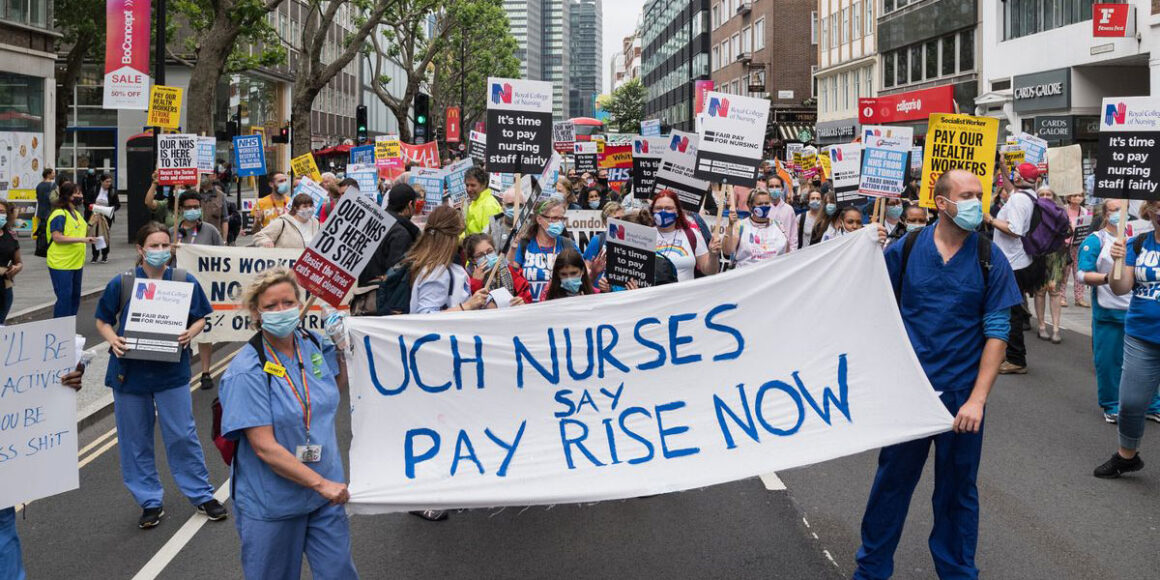

Prime Minister Rishi Sunak and Chancellor Jeremy Hunt have told their ministers that they can raise their offers to the unions from 3–3.5% to 5% for the coming year and pay a one-off bonus to ‘compensate’ for the devastating loss of income in 2022–23.
This would leave millions of public sector workers facing a 15% cut to their income, if not more. Any halfway decent trade unionist would have shown them the door.
First it is a real terms pay cut. Any ‘bonus’ would not be consolidated, making next year’s gains based on a lower starting point. And the idea that inflation will come down to 5.5% by December is a joke.
Gas and electricity bills alone will jump by 20% on 1 April, while rents and mortgages will continue to go up with rising interest rates. Food costs, as we have recently seen with the fruit and veg shortage, will fluctuate wildly due to climate change ruining crops, Brexit hampering imports and fertiliser and energy prices hitting farmers.
The TUC and the unions needs to keep a workers’ cost of living index so they can demand real wage rises and not depend on government forecasts and statistics.
Second this is a fraction of what they can afford. According to The Financial Times, ‘borrowing [is] likely to be £30bn lower than expected, because of high tax receipts, a fall in energy prices and lower public investment’. That could fund real pay rises for all public sector workers this year and next, plus expand those services to meet real need.
Shell, BP and British Gas alone posted nearly £100bn profits in 2022. Yet the windfall tax barely put a dent in them. We say, tax the rich to the hilt and use their profits to upgrade benefits and pensions and to invest housing, infrastructure and sustainable green technology.
Third, these are autocratic manoeuvres by the union bosses made in defiance of the members who have made real sacrifices over the past months. If signed, these two-year deals will take our most combative unions out of the frame for the next 15 months.
Instead of signing two year sell-out deals, our leaders should be telling the government that we need inflation-proof salaries, ones that rise every month with the cost of living, as measured by workers’ committees.